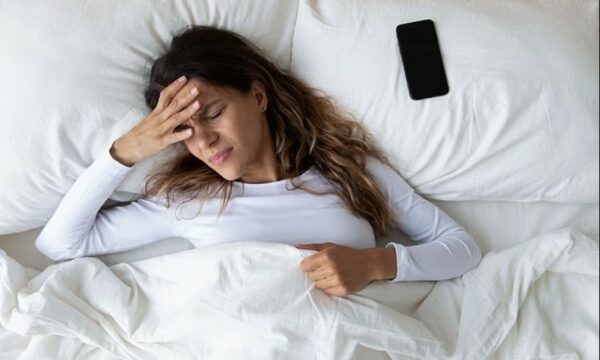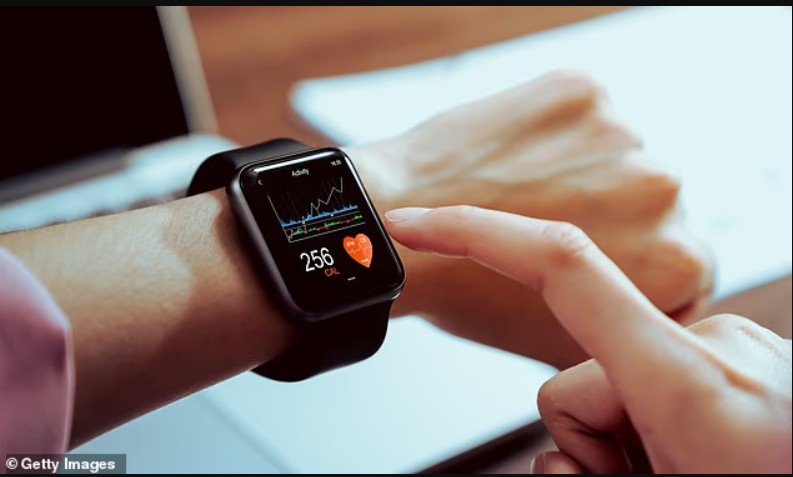You’re not sleeping, five things that are making your insomnia worse

If you’re a victim of sleep disorder, you might be in luck—an expert may have solved the mystery of why you can’t sleep.
Sleep scientists have long suggested banning technology before bed, avoiding caffeine, and sticking to a fixed schedule every night as three simple ways to combat insomnia.
But now, a sleep researcher at Royal Holloway University of London has claimed that these are not the most effective ways to get enough sleep.
According to Kirsty Vant, five common habits can make insomnia even worse.
When sleep doesn’t come, the temptation is to go to bed earlier or stay up longer in the morning to “compensate.”
“But this strategy often backfires,” she said.
“The more time you spend awake in bed, the more you weaken the mental association between bed and sleep—and strengthen the association between bed and frustration,” she added.
Instead, people should go to bed a little later and wake up at the same time every morning.
“This strengthens sleep pressure—the body’s natural desire for sleep—and reframes bed as a signal for sleep, not wakefulness,” she told The Conversation.

Also, scientists often advise avoiding screens before bed because the blue light they emit suppresses melatonin—a natural hormone that plays a key role in regulating the sleep-wake cycle.
This type of lighting can create strong contrasts and shadows, which are tiring to the eyes, they argue.
In the evening, it can signal to your body that it’s still time to be alert, disrupting the natural calming process and contributing to physical and mental fatigue.
However, “lying in the dark with nothing to engage your mind can create the perfect storm for anxiety and overthinking, both of which fuel insomnia,” Ms. Vant said.
“Instead of banning screens altogether, use them strategically.
Choose calming, non-stimulating content, use ‘night mode’ options, and avoid mindlessly scrolling through pages.”
Also, if people are sensitive to caffeine, it is “wise” to avoid it later in the day.
Removing it completely “is not always necessary,” she advised. “Understanding your individual response is key.”
According to a recent sleep survey, around one in nine women in the UK—approximately 4.5 million—use a sleep/health app or device, such as a smartwatch, to track their sleep habits.
The sleep pattern is presented in the app with diagrams showing minutes spent in the three stages of sleep—light, deep, and REM—with warnings if users don’t reach their target hours.
But the “overwhelming effort to optimize sleep” is fueling rising cases of insomnia and orthosomnia—the obsession with sleeping “right,” Ms. Vant said.

“Sleep is an autonomic function, like digestion or blood pressure. While we can influence sleep through healthy habits, we can’t force it to happen. Obsessing over sleep quality can paradoxically worsen it,” she added.
“Sometimes, the best approach is to worry less about sleep—and let your body do what it’s designed to do.”
Even expecting to sleep a fixed number of hours each night can increase the risk of insomnia, she said.
“Expecting rigid consistency from sleep creates unrealistic expectations. Some nights will be better than others—and that’s normal. Healthy sleep is not a fixed number of hours—it’s dynamic and responsive to our lives. Factors like stress, physical health, age, environment, even parental responsibilities all affect sleep,” she said.
“Insomnia is common and treatable—and no, it’s not your fault.”
People often need about 10 to 20 minutes to fall asleep after turning off the lights, according to the Sleep Foundation.
Last year, a study found that around one in six Britons suffer from insomnia, but 65 per cent never seek help for their sleep problem.
The survey of 2,000 people, conducted by The Sleep Charity, found that nine out of ten people experience some kind of sleep problem, while one in two engage in high-risk or dangerous behavior when they can’t sleep.
Poor sleep has been linked to a number of health problems, including cancer, stroke and infertility.
Experts have long advised that waking up during the night does not necessarily mean you have insomnia, which is estimated to affect up to 14 million Britons.
However, sleep deprivation has its own consequences—from irritability and short-term lack of focus, to an increased risk of obesity, heart disease, and diabetes.
According to the American Sleep Association, nearly 70 million Americans also have a sleep disorder. /GazetaExpress/
Source link



